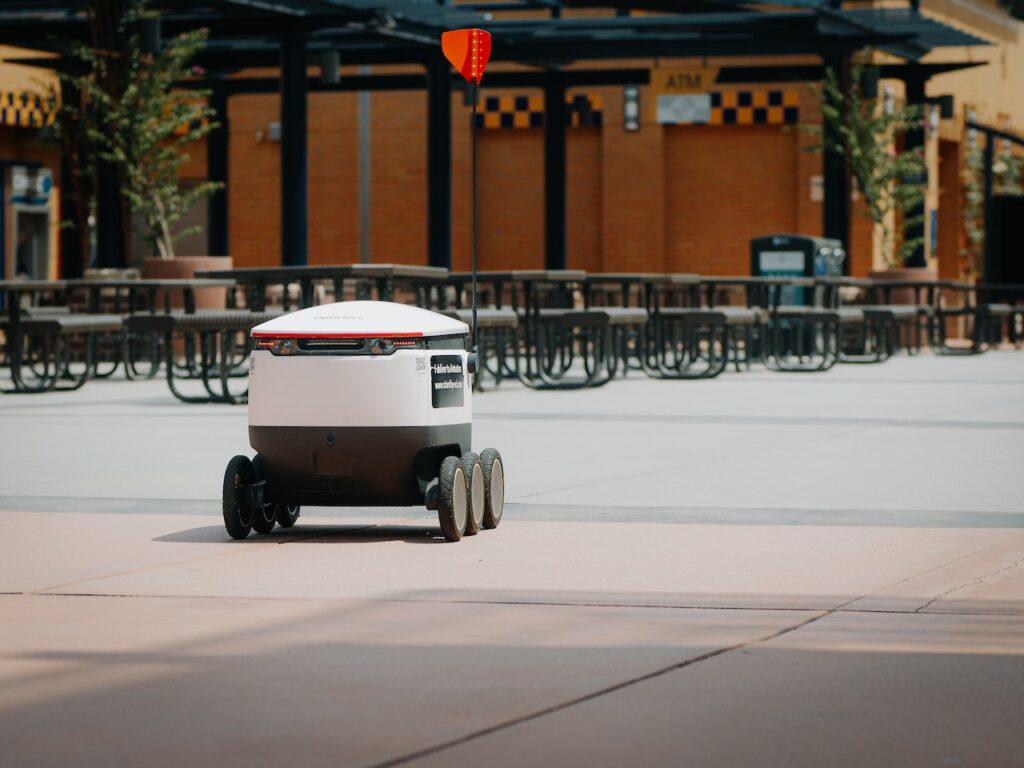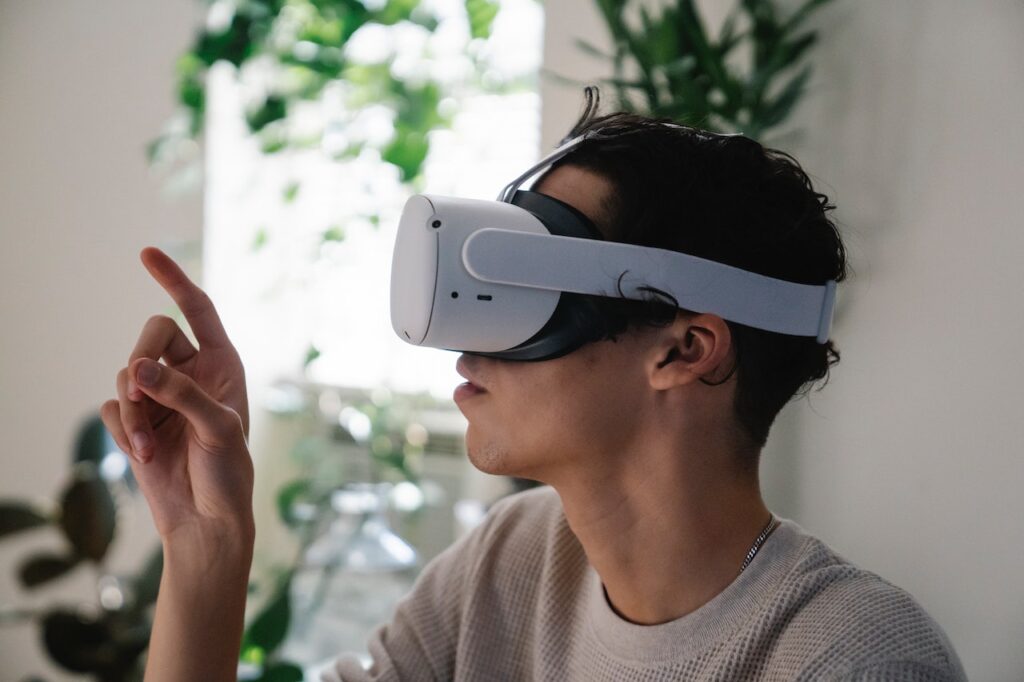The hospitality industry perpetually seeks avenues to heighten guest experiences and streamline operations. An eminent development sparking conversations within the sector is the integration of artificial intelligence (AI) technology. Particularly, the release of GPT-3.5 has propelled this trend to new heights.
In this article, we will delve into the transformative impact of AI within the hospitality sector, capitalizing on increasingly sophisticated language models like GPT-3.5 to revolutionize guest experiences and streamline operational workflows.
Understanding Artificial Intelligence
At its core, AI involves the ability of computers or machines to perform tasks that mimic intelligent behavior. While the concept of AI dates back to the 1950s, recent technological advancements have rendered it reliable enough for meaningful implementation in crucial business tasks. AI encompasses automation, big data utilization, and emulation of cognitive functions. In today’s landscape, AI finds applications in diverse functions within the hospitality industry, ranging from customer service to personalized recommendations and sales processes.
Artificial intelligence is a technology that allows machines to simulate human intelligence. It involves the use of algorithms and computing power to analyze and interpret data, learn from it, and make informed decisions. This technology is used in various applications such as speech recognition, image processing, natural language processing, and robotics.

According to a study by McKinsey, AI has the potential to create tremendous value in the travel and hospitality industry. For instance, AI can improve demand forecasting accuracy by up to 20%, leading to better pricing strategies and optimized inventory management.
The AI Landscape in Hospitality
The adoption of AI within the hospitality industry is rapidly gaining momentum, with hotels leveraging AI to optimize numerous operations. Notably, AI plays a pivotal role in:
Enhancing Brand Loyalty
AI algorithms can decipher personal preferences, enabling hotels to delight guests with tailor-made offers. With access to big data, AI can significantly improve recommendation engines, suggesting the best and most relevant offers to guests.
Revenue Management
AI and machine learning play a crucial role in determining the optimal room rates in real-time, enabling hotels to maximize profits.
Customer Experience Enhancement
AI-powered solutions significantly enhance the overall customer experience. For example, UpStay’s algorithm offers the best rooms based on the specific needs of hotel guests, sending tailored offers at the opportune moment and aligning with the exact room attributes the guest is seeking. This automation facilitates the seamless conversion of guests from standard to premium rooms.
Demand Forecasting Optimization
Through AI, hoteliers can accurately forecast demand, aligning their strategies accordingly to meet customer needs effectively.
Benefits of AI in the Hospitality Industry
The integration of AI in the hospitality industry presents a myriad of advantages. These encompass:
Increased Efficiency and Productivity
AI automates repetitive, time-consuming processes, thereby freeing up staff time to focus on more critical tasks. As a result, hotels witness heightened production and efficiency, accompanied by cost savings.
Elevated Guest Satisfaction
By providing visitors with a seamless and delightful experience, AI significantly amplifies visitor satisfaction. Visitors can access information about the hotel and its surroundings or manage features in their hotel rooms using voice-activated devices.
Predictive Maintenance
Through AI software, hotels can predict and prevent maintenance problems, minimizing downtime and ensuring all visitor demands are promptly addressed.
Personalized Customer Experiences
Leveraging tools like chatbots and virtual assistants, which engage visitors in real-time conversations and provide service recommendations based on their preferences and past interactions, hotels can deliver tailored services to visitors.
For instance, the Marriott hotel chain uses AI-powered chatbots to handle routine guest queries. This significantly reduces the workload on the staff and provides guests with quick and accurate responses to their inquiries, resulting in improved customer satisfaction.
The Future of AI in Hotels
The continuous evolution of AI and machine learning technology is paving the way for an even more profound impact on the hospitality industry in the future. Some of the prospective developments in the domain of artificial intelligence within the hospitality industry include:
Advanced Personalization
Building on the existing capabilities, AI is expected to delve even further into personalizing the guest journey. This involves providing visitors with personalized recommendations and services based on their preferences and past experiences.
IoT Integration
Anticipate the seamless integration of artificial intelligence with the Internet of Things (IoT), augmenting the guest experience. This convergence will drive more convenient and efficient experiences for guests while optimizing operational productivity for hotels.
Virtual and Augmented Reality
AI-powered augmented and virtual reality technologies are poised to become more pervasive in the hospitality industry. These technologies will provide guests with immersive and interactive experiences, ranging from virtual tours of the hotel to augmented reality-enhanced dining experiences.

Looking Ahead
As we look ahead, it’s evident that AI and machine learning automation will continue to enhance various aspects of the hospitality sector, including customer loyalty, recommendation accuracy, and overall experience quality. Advanced analytics and recommendation systems will empower hotels to glean insightful data, facilitating data-driven decision-making.
The current AI-powered solutions already employed by major hotel chains foreshadow a future where AI will be even more sophisticated and finely tuned to meet the specific needs of guests. As a result, hoteliers must remain proactive in embracing new possibilities to stay ahead of consumer preferences and market trends.
AI is not merely a trend but a transformation that will define the future of the hospitality industry. The progression towards sophisticated AI solutions, precisely attuned to the needs and desires of guests, promises an exciting and transformative journey for the entire hospitality sector.

